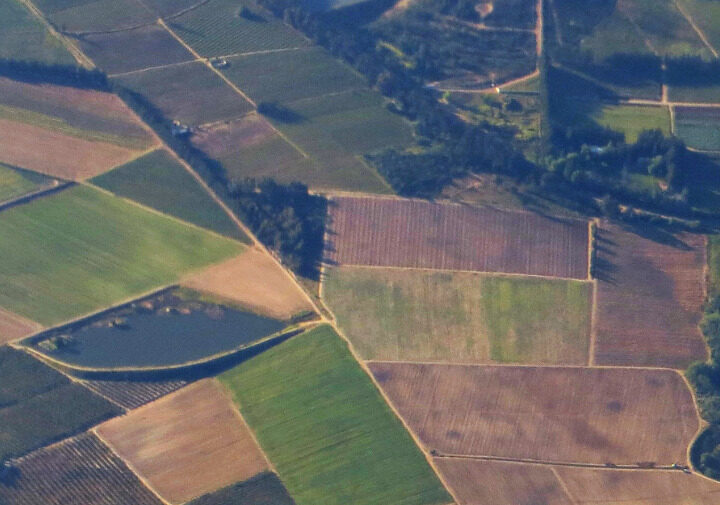In 1968 Dick Van Dyke sang about the numerous uses of bamboo in the song “Me Ol’ Bamboo” in the much-loved film Chitty Chitty Bang Bang. What the Sherman Brothers’ lyrics did not warn us of though, were the potential dangers of bamboo to properties.
When it comes to properties and invasive non-native species, the focus is usually on Japanese Knotweed and Himaylan Balsalm but over the last few years there has been a growing concern about the impact certain types of bamboo can have.
Under the Wildlife and Countryside Act 1981, unlike Japanese Knotweed (confusingly also known as Japanese Bamboo), bamboo is not classed as an invasive species and there are currently no restrictions on planting it. In a story recently reported in the Daily Express however, damage valued at over £100,000 had been caused over several years to the living room, study, hall, kitchen and wall cavities of a property in Hampshire by bamboo, which required the entire ground floor to be excavated in order to remove the plant that had spread from the neighbouring property. Unlike Japanese Knotweed that can be treated with herbicides, bamboo must be physically removed to prevent further growth, which can be costly.
Unfortunately, while bamboo is a popular plant for screening, certain varieties can grow up to 1 metre per day. A survey carried out in 2021 by Environet and YouGov revealed that only 11% of the people surveyed were aware that bamboo could cause damage to buildings, patios and driveways.
Invasive species experts have recommended that homeowners wishing to plant bamboo in their gardens should avoid the running varieties in favour of clumping varieties and to always plant them in sturdy pots to prevent their spread. This advice will not help the many thousands of homeowners who already have bamboo planted in their gardens.
When bamboo causes damage to neighbouring properties, the resulting claims are based on nuisance arising from the encroachment over a boundary. The offending party is usually required to pay removal costs, the costs of repairing any damage caused by the plant and the other party’s legal costs. As such cases are becoming more common though mortgage lenders are starting to look more closely at this issue which may, in due course, result in lending restrictions being imposed.
Whilst there are no specific legal obligations at present in relation to bamboo, unlike for other invasive non-native species, for those considering buying a house with bamboo in the garden, they should be aware that this is an issue to look out for. Likewise, for those wanting to sell, they may consider declaring that bamboo plants are in the garden despite there currently being no legal obligation to do so. This could however result in the property being devalued due to the cost of removing bamboo.
If you are purchasing or selling a property with bamboo in the garden, please feel free to contact our conveyancing team to discuss how to address the issue as part of your transaction. If you own a property that is either effected by bamboo or has bamboo that is impacting on a neighbouring property, please contact our litigation team. Get in touch today on 0845 287 0939 or send your enquiry through our online contact form and a member of the relevant team will get in touch with you.







